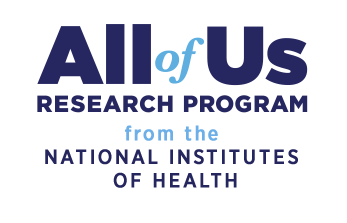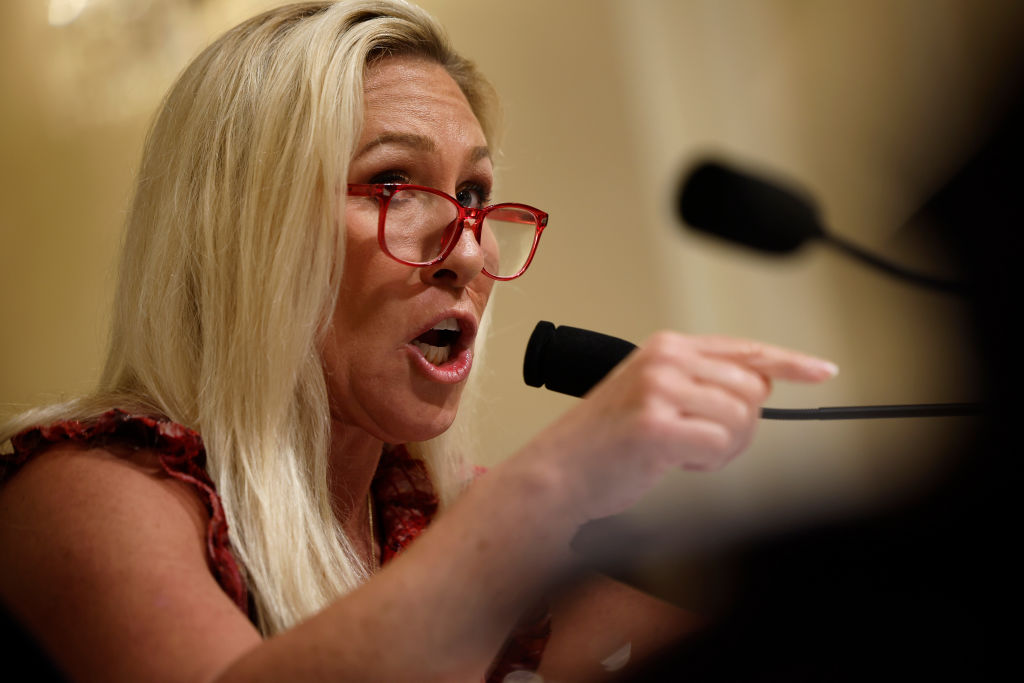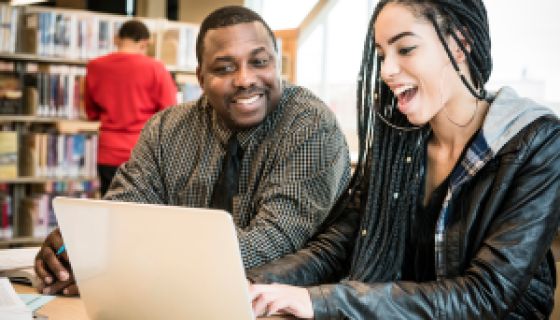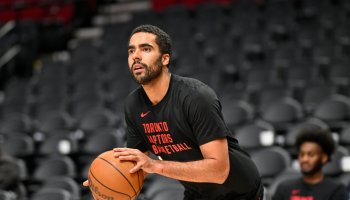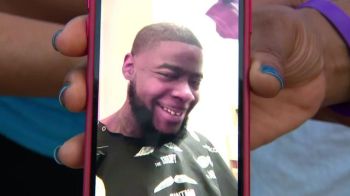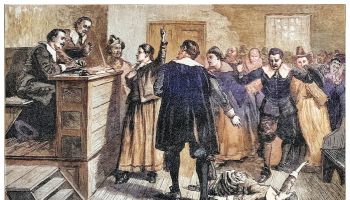The needs are great for African-American children who are navigating their way through, over and around obstacles to success. Each month, NewsOne highlights a different challenge—from failing schools to the myriad traumas that impede the progress of urban youth.
For those of us who are not educators, it’s unclear how to be part of the solution. But I’ve found a way to contribute that works for me and others can consider.
Earlier this month, I attended a student mentorship event on the Hunter College campus. Two nonprofits, The Black Man Can and The Urban Assembly, organized the event and partnered to inspire dozens of Black high school and middle school male students.
Urban Assembly selected young men to participate from its New York City public schools. Most of them are growing up in low-income communities and are the most challenging students, but who also have great potential.
The Black Man Can provided workshop facilitators, all of them volunteers from various backgrounds—entrepreneurs, corporate businessmen and motivational speakers. What they all had in common was the ability to connect with the young men by simply caring deeply about their future.
The results were amazing! That’s how I would describe the impact of introducing young Black men to role models who look like them. I will post an article this week about the event and its organizers.
Mentoring doesn’t require training or a huge time commitment. There’s plenty of need and opportunity to simply talk with a young person about your career path, the college experience and how to navigate the challenges. Often, just seeing a successful adult who looks like them goes a long way.
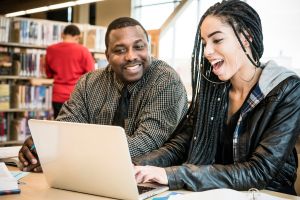
Source: Hill Street Studios / Getty
Later this week, we’ll post a video of two educators—Drs. Edmund Adjapong and Christopher Emdin—who have a mentor-mentee relationship that’s more than a decade old.
They met when Emdin walked into Adjapong’s Bronx, New York ninth-grade class to teach science and planted a seed in the teenager’s mind. Today, they have a relationship that has matured over time, which continues to impact each other’s life and career. They share insights on that relationship.
Also on the menu this week, NewsOne spoke with educators and non-educators about mentorship, against the backdrop of the annual Science Genius B.A.T.T.L.E.S. (Bringing Attention to Transforming, Teaching and Learning Science). Take a look at the video.
Emdin, a Columbia University associate professor, also contributes a think piece about nontraditional ways to teach, including mentorship. It shows that there’s something we can all contribute to the development of our children.
SEE ALSO:
‘Am I My Brother’s Keeper?’ Obama: ‘Yes, I Am’
New Generation Of Black Educators Answer Call To Teach Students Of Color

